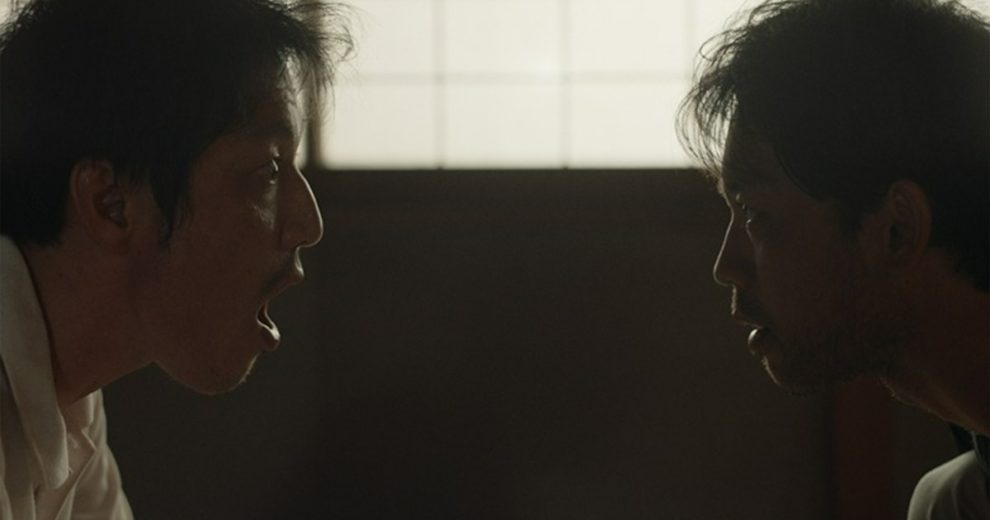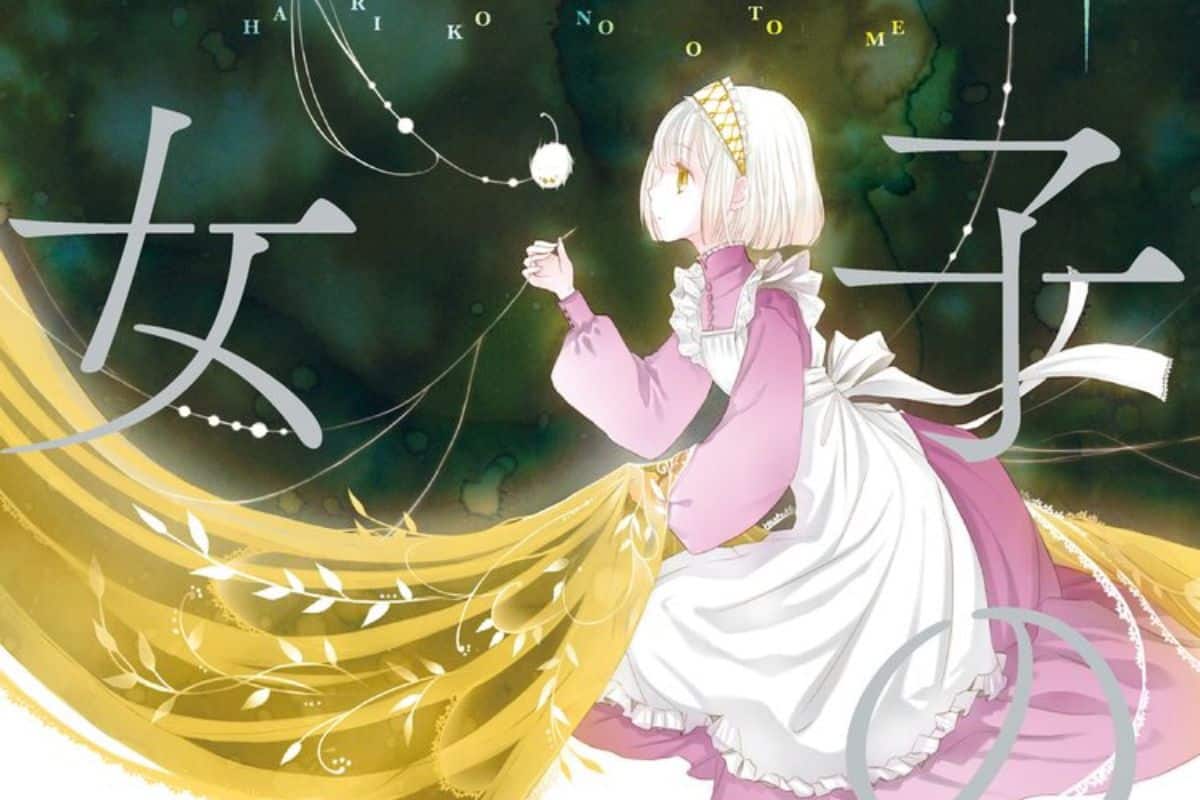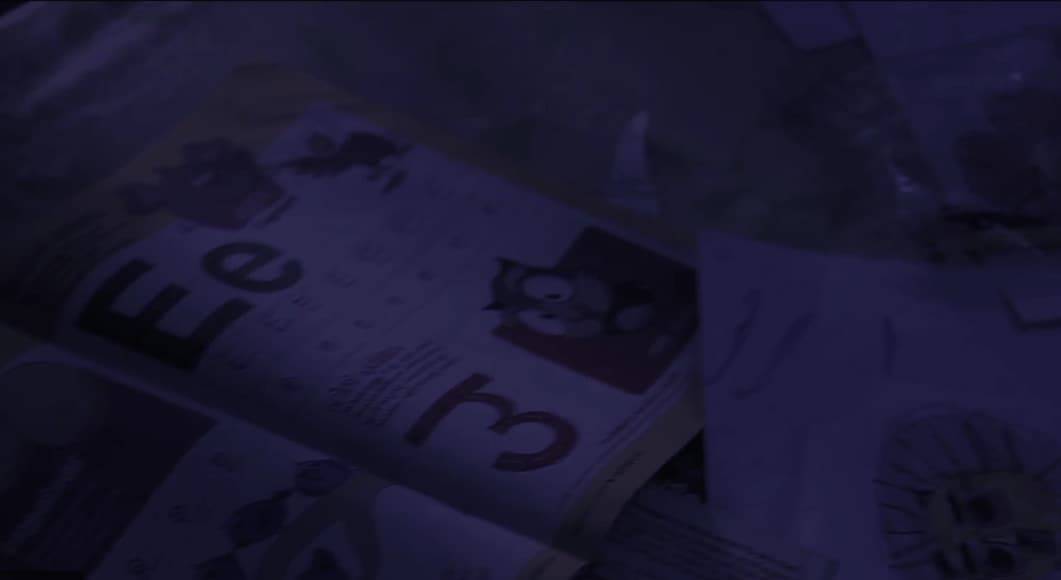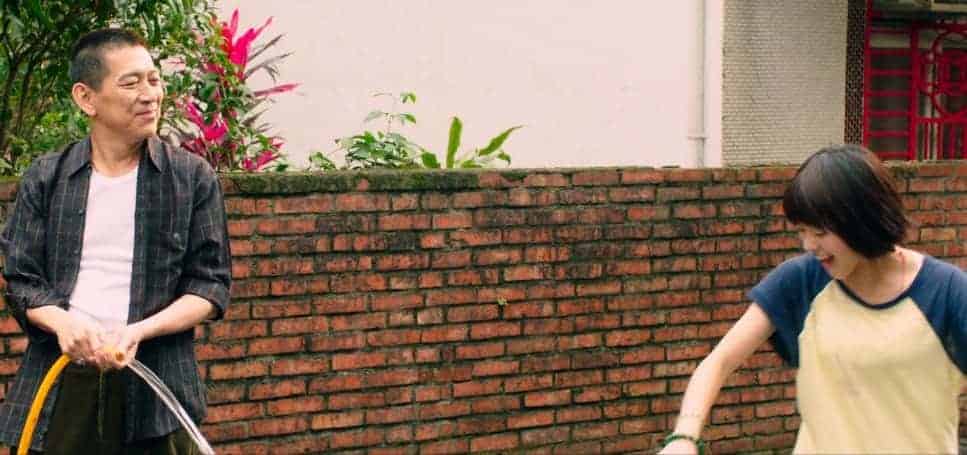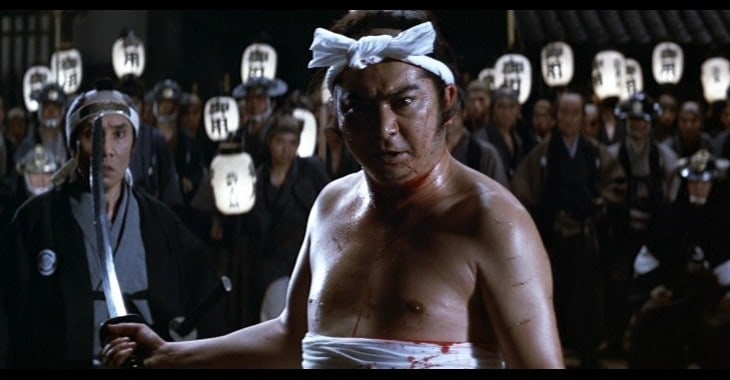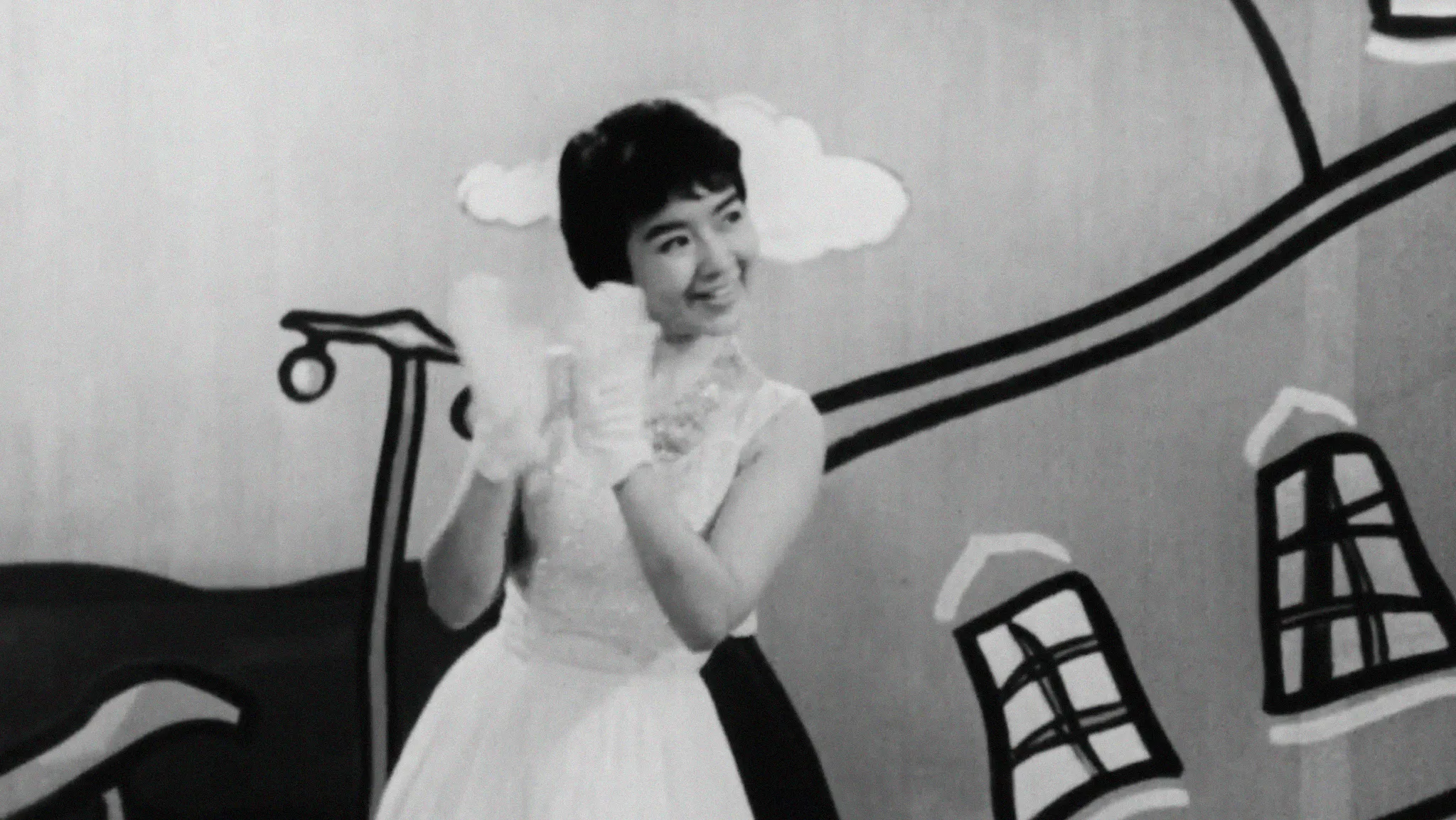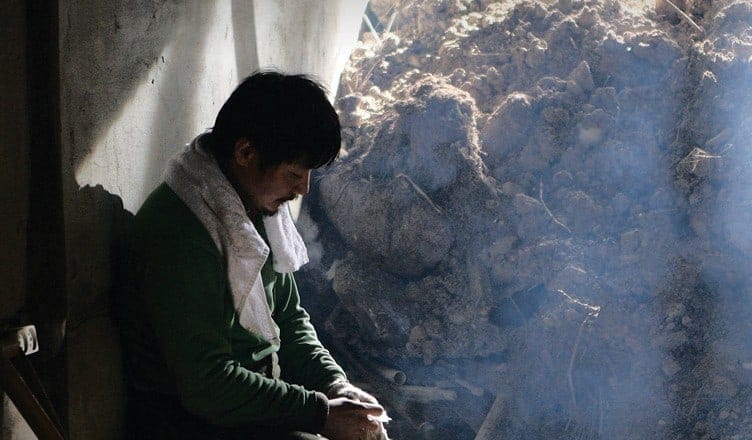Co-directed by Shota Koseki, who also stars in the movie, and Kentaro Kishi, who also acts as a DP, “The Waxing and Waning of Life” takes an unusual approach to the concept of addiction, by combining it with a number of other issues, through an experimental/art house approach.
“The Waxing and Waning of Life” is screening at Skip City International D-Cinema Festival

Yusaku has just finished his rehab and is taken in by his brother Shota, who wants, though, to interview him for a screenplay he wants to direct about Yusaku's life. The latter reluctantly reveals parts of his life and particularly his experience in rehab, which emerges, though, as a rather intense experience with the whole procedure being closer to how cults work. That the person in charge, Matsunaga, was a former boxer who did not shy away from being verbally and physically abusive to the addicts is a testament to how things worked there. Furthermore, when Shota tries to interview other addicts from there, he is met with detestation, as some of them cannot understand how a film about addiction can actually help addicts. Furthermore, as time passes, Yusaku finds it more and more difficult to stay away from drugs, feeling pressure from all over, even if a girl from the neighborhood shows particular sympathy towards him. In the meantime, another shady figure, Mr Fujishima also begins having an impact on his life.
Koseki and Kishi direct a film that focuses on addiction, and the issues even people who have gone through rehab face. This aspect becomes painfully obvious by Yusaku's demeanor, who moves his shattered body around barely managing to communicate, much less work, as the garbage collector job he eventually gets, eloquently highlights. That his colleague essentially bullies him, his brother pressures him for more info for his movie, and a number of other figures treat him in similar fashion, highlight the pressures he feels, which eventually turns into hopelessness. Shota Koseki in the role is excellent, embodying all the aforementioned elements to the highest degree.
Gradually, that the brother is not exactly well also comes to the fore, with a violent outburst here and there, and the revelation of their past as youths through flashbacks, showcasing the fact. The way Shota also changes is another of the film's best traits, with Takeshi Uehara giving a very convincing performance that makes evident both the antithesis of the characters and the chemistry of the actors.
Also of note regarding the narrative is how, after a point, the whole story looks like a movie of shorts, deriving from the fact that Shota actually is shooting one, in a metal level that works well in general, even if it somewhat confuses things. On the other hand, the whole rehab presentation looks excessive, particularly due to the violence involved, even if it could be perceived as a comment on the circumstances people who cannot afford expensive centers have to face.
Lastly, a metaphor deriving from the depiction of various bugs adds an element of uncanniness that is quite entertaining, even if the message deriving from the metaphor is not exactly clear. All these elements create an atmosphere that makes it occasionally difficult to understand what is happening, something that also derives from the editing and some scenes that look as if the are from a stage play, but the atmosphere of disorientation, agony, mystery, violence and lurking danger compensates fully, resulting in a movie that is very intriguing, even if not fully comprehensible at all times. The overall cinematography of Kishi, also incorporates all the aforementioned elements in the most elaborate fashion, with the grayish coloring and dominating shadows being the main factors of the visual approach here.
One could say that the directors lost their sense of measure after a fashion, resulting in a title that gets lost in the narrative and audiovisuals they created. At the same time, the whole approach is rather unique, in a movie that remains intriguing from beginning to end, definitely deserving a watch even if just for this uniqueness.


